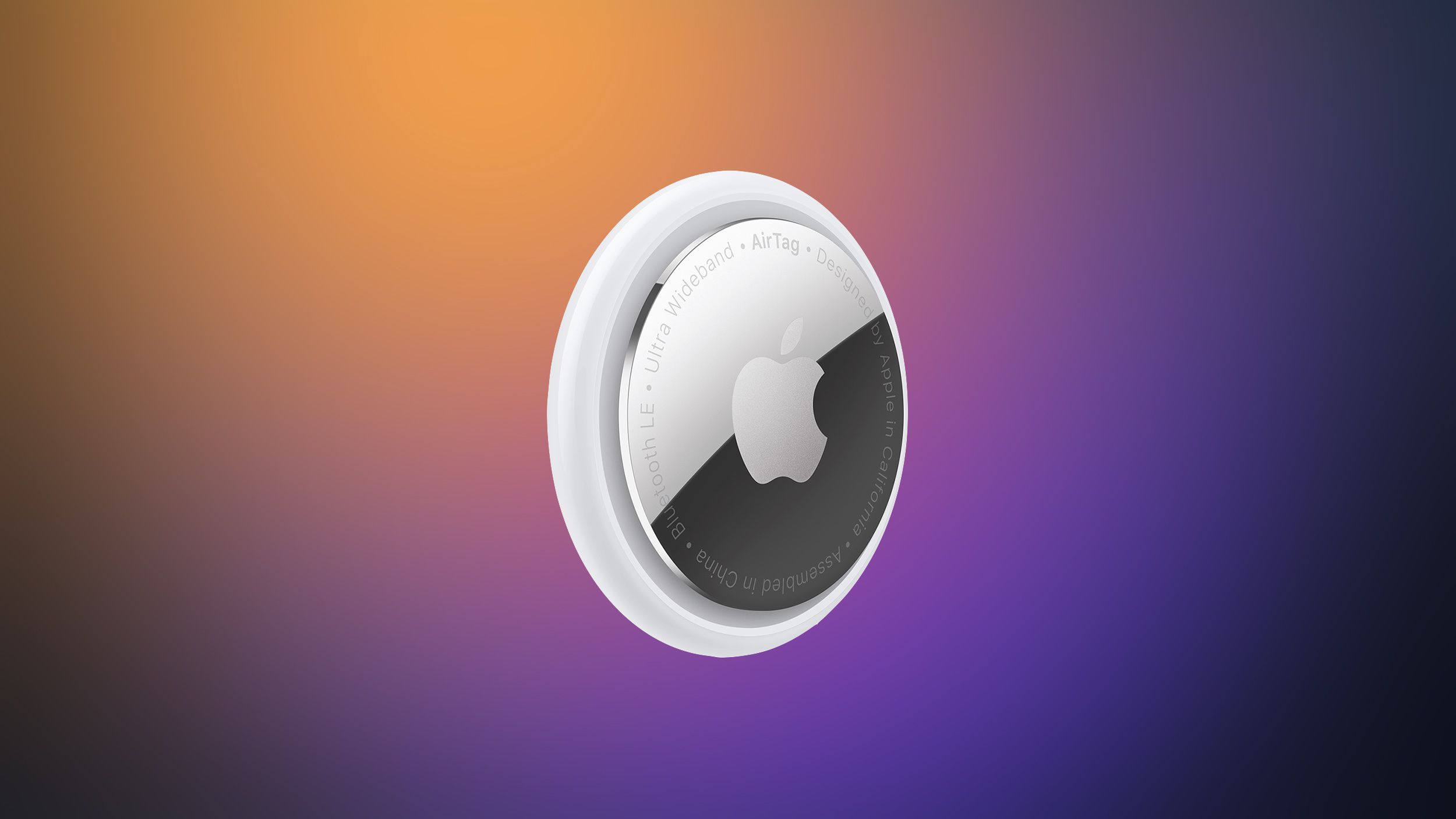The ongoing legal confrontation between Chinese display manufacturer BOE Technology Group and South Korea’s Samsung Display has intensified, potentially impacting Apple’s forthcoming iPhone Fold. On July 15, 2025, BOE initiated a patent infringement lawsuit against Samsung Display in the U.S. District Court for the Eastern District of Texas. This move follows a series of legal disputes between the two companies, with Samsung previously accusing BOE of misappropriating trade secrets related to OLED technology.
Background of the Dispute
The conflict traces back to 2023 when Samsung Display alleged that BOE unlawfully acquired and utilized its proprietary OLED technologies. In response, the U.S. International Trade Commission (ITC) conducted an investigation and, in July 2025, issued a preliminary ruling siding with Samsung. The ITC recommended a limited exclusion order, potentially banning the import of OLED panels produced by BOE into the United States. This recommendation, if finalized, could have significant repercussions for BOE’s business operations in the U.S. market.
BOE’s Counteraction
In a strategic countermeasure, BOE filed its lawsuit against Samsung Display, alleging patent infringements. The specifics of BOE’s claims have not been publicly disclosed, but the timing suggests an attempt to mitigate the potential impact of the ITC’s preliminary ruling. By initiating legal action, BOE aims to challenge Samsung’s allegations and protect its market position.
Potential Impact on Apple’s iPhone Fold
Apple has been collaborating with Samsung Display to develop a foldable iPhone, anticipated for release in 2026. The device is expected to feature a 7.8-inch main OLED display and a 5.5-inch cover screen, both supplied by Samsung Display. The escalating legal battle between BOE and Samsung could influence the production and supply chain dynamics of the iPhone Fold.
While Apple has stated that it is not a party to the ongoing legal disputes and that the ITC’s preliminary ruling has no immediate impact on its products, the situation remains fluid. If the legal proceedings lead to restrictions on BOE’s operations or affect Samsung Display’s production capabilities, Apple may need to reassess its supplier relationships and production timelines for the iPhone Fold.
Broader Industry Implications
The legal tussle between BOE and Samsung Display underscores the competitive and litigious nature of the display manufacturing industry. As companies vie for technological supremacy and market share, intellectual property disputes have become increasingly common. The outcome of this particular case could set a precedent for future conflicts and influence the strategies of other players in the industry.
Moreover, the situation highlights the complexities of global supply chains, where legal disputes between suppliers can have cascading effects on major technology companies and their product offerings. Companies like Apple, which rely on multiple suppliers for critical components, must navigate these challenges to ensure product availability and maintain consumer trust.
Conclusion
The legal battle between BOE and Samsung Display is a significant development with potential ramifications for the broader technology industry, including major players like Apple. As the situation unfolds, stakeholders will be closely monitoring the proceedings to assess their impact on product development, supply chains, and market dynamics.



